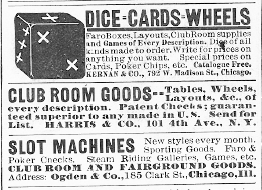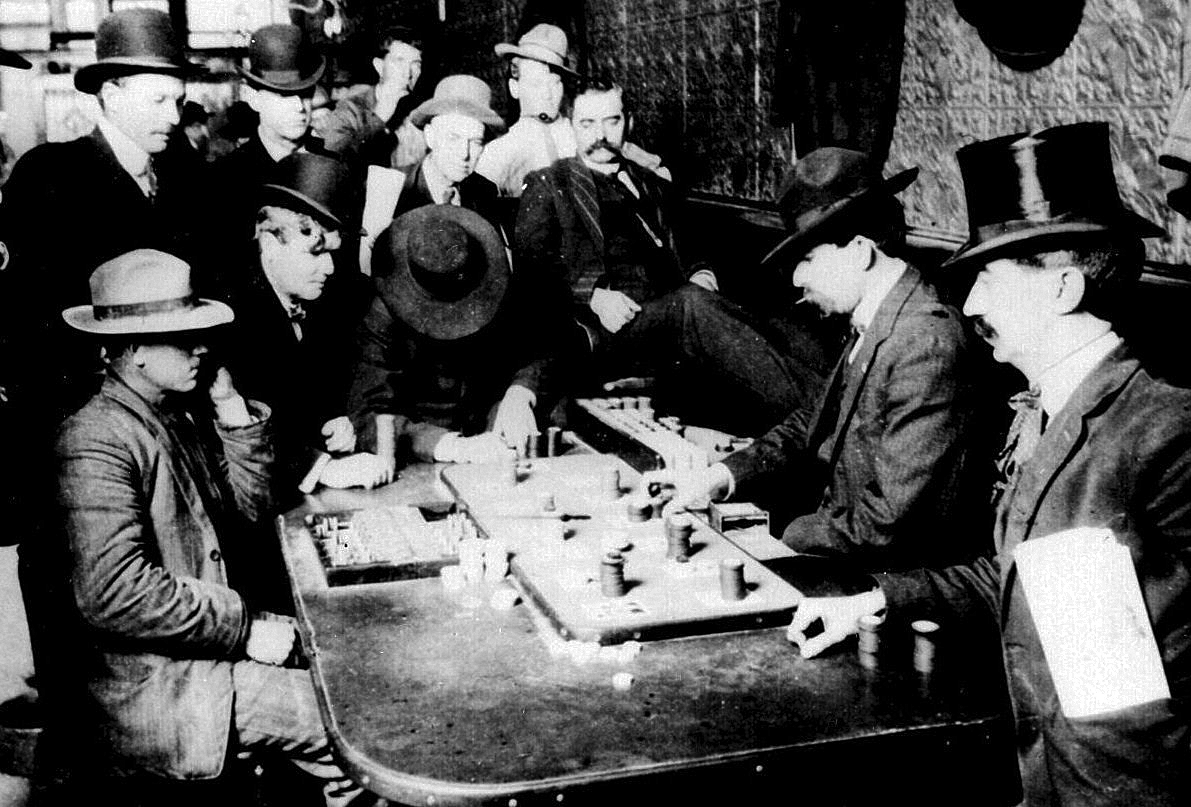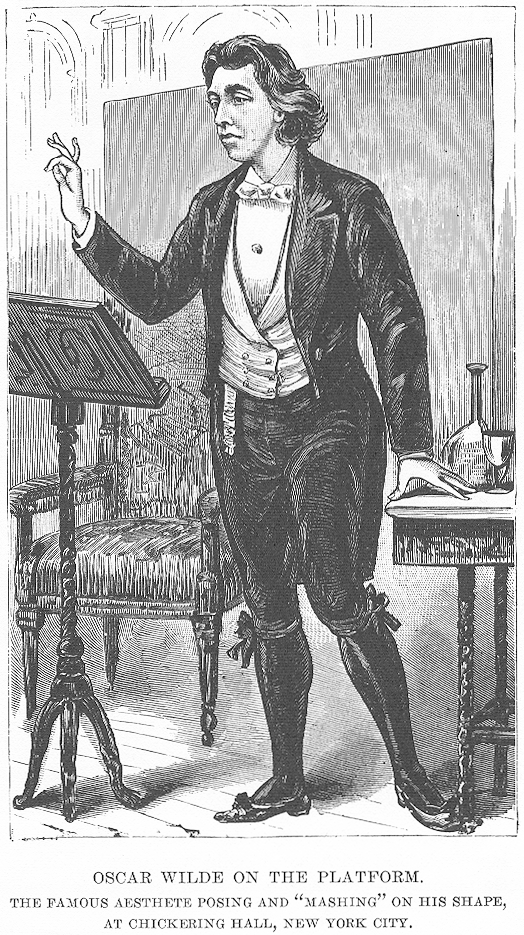
The Bunco Game

The term “bunco” has come to mean to any type of swindle, but in the 19th century it usually referred to a confidence game involving crooked gambling.
May 17, 2011

alias: BRIGGS, KID LEARY, WALTER H KIMBALL
BANK SNEAK
1930s Romania may not have been a paradise for most people, but for a young Bucharest actress named Tita Cristescu, life was pretty darned good. She was well-connected (her father, Gheorghe Cristescu, was a prominent figure in Romanian politics,) she had a successful theatrical career, and was pretty enough to be named “Miss Romania” of 1933. Tita was engaged to be married to Hotta
More...
Strange Company - 8/4/2025
Soapy Smith STAR NotebookPage 20 - Original copy1884Courtesy of Geri Murphy(Click image to enlarge)
oapy Smith's early empire growth in Denver.Operating the prize package soap sell racket in 1884.
This is page 20, the continuation of page 19, and dated May 6 - May 29, 1884, as well as the continuation of pages 18-19, the beginning of Soapy Smith's criminal empire building in Denver, Colorado.&
More...
Soapy Smith's Soap Box - 6/1/2025
There’s so much exquisite natural and structural beauty grabbing your attention in Central Park that you probably don’t give the transverse roads much thought. You know the transverse roads. Part of Frederick Law Olmsted and Calvert Vaux’s 1858 Greensward plan for the park, these four serpentine roads at 65th, 79th, 85th, and 97th Streets are […]
More...
Ephemeral New York - 8/4/2025
Youth With Executioner by Nuremberg native Albrecht Dürer … although it’s dated to 1493, which was during a period of several years when Dürer worked abroad. November 13 [1617]. Burnt alive here a miller of Manberna, who however was lately … Continue reading
More...
Executed Today - 11/13/2020
Stop by this week as we explore what happened the week before the murders, Emma and Lizzie’s getaway to Fairhaven and New Bedford, and new imagery which will help to tell the story. The pears are almost ripe, August 4th is coming fast, and thoughts begin to turn to that house on Second Street once again. Follow us at https://www.facebook.com/lizziebordenwarpsandwefts/ !
More...
Lizzie Borden: Warps and Wefts - 7/26/2025
[Editor’s note: Guest writer, Peter Dickson, lives in West Sussex, England and has been working with microfilm copies of The Duncan Campbell Papers from the State Library of NSW, Sydney, Australia. The following are some of his analyses of what he has discovered from reading these papers. Dickson has contributed many transcriptions to the Jamaica […]
More...














